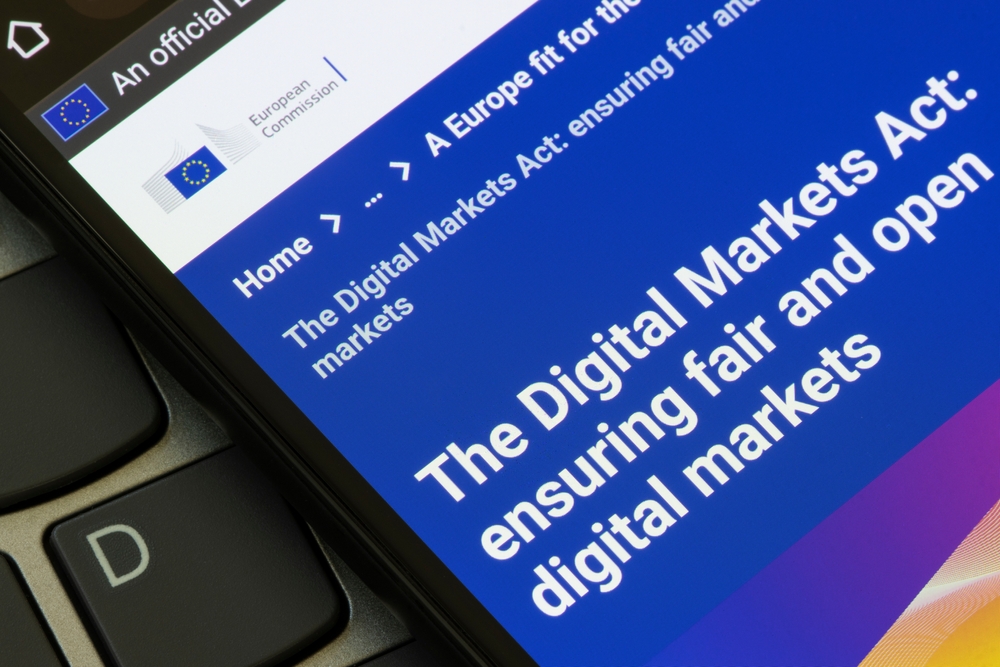Independent browser makers are witnessing a notable uptick in user numbers, buoyed by recent EU regulations that took effect just a month ago, compelling tech giants like Google, Microsoft, and Apple to facilitate easier selection of competing solutions. This data, as reported by Reuters, underscores a significant shift in the browser landscape.

The European Digital Markets Act (DMA), enforced from March 7th, seeks to foster fair competition by mandating large technology firms to enable users to choose from a range of available web browsers via a dedicated screen. This move aims to counteract the dominance of Google Chrome and Apple Safari, default browsers on Android and iPhones respectively.
Impact on Browser Developers
Aloha Browser, based in Cyprus, experienced a remarkable 250% surge in EU user numbers in March alone. Founded in 2016, Aloha distinguishes itself as a privacy-centric alternative to mainstream browsers. Similarly, Vivaldi, Ecosia, Brave, DuckDuckGo, and Opera have all observed an uptick in EU user engagement. These developments indicate a growing appetite for alternatives to default browsers provided by tech giants.
Navigating Regulatory Requirements
The new EU rules mandate software platform developers to present users with a selection screen during device setup, enabling them to choose their preferred browser, search engine, and virtual assistant. While Apple and Google have begun complying, criticisms linger regarding the format and pace of feature introductions, potentially hindering users’ adoption of alternative browsers.
Despite the regulatory push, browser developers continue to face challenges, particularly with Apple’s and Google’s implementation processes, notes NIX Solutions. Mozilla, responsible for Firefox, highlights delays in updates reaching users and complexities in the browser selection process on iPhones, raising concerns about genuine user choice.
As the browser landscape undergoes transformation, staying informed about regulatory developments and market dynamics is crucial. We’ll keep you updated on the evolving trends and insights shaping the future of independent browsers in Europe.
